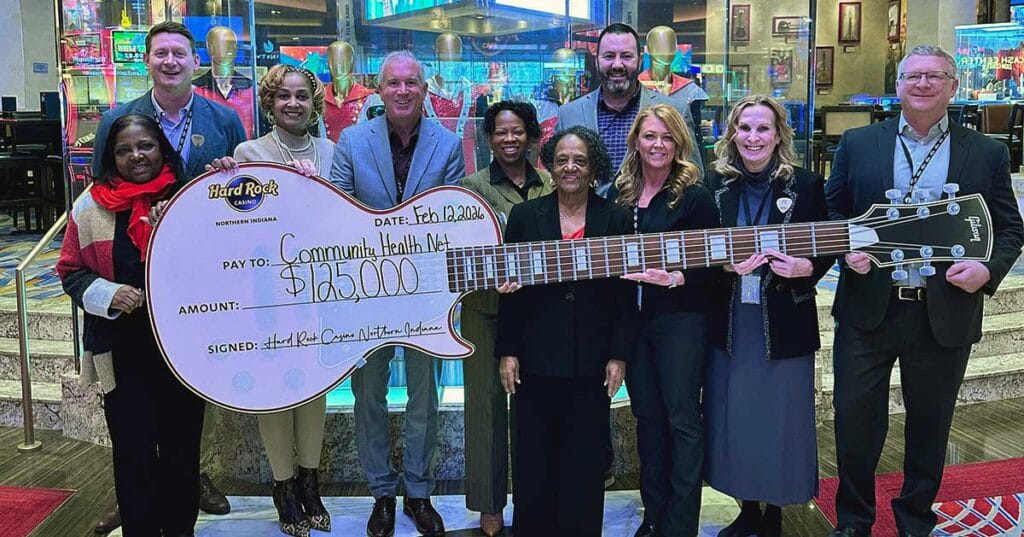It's not a cost; it's an investment with a big payoff.
The desire to neatly label and group all aspects of our environment is just human nature. People are good or bad; pretty, homely or plain; fat, fit or average; or smart, dull or normal.
And yet none of the labels or groupings captures the essence of any unique individual or issue. The truth is everyone and everything is similar and different in a variety of ways. This remarkable and wonderful truth gives vibrancy to life, the world and our interactions.
If we insist on categorizing every subtle nuance and unique characteristic of the world, we lose the forest for the trees.
So it is for mental illness. Most aspects of health are sorted into small groups, heart problems, cancers, colds, childhood diseases, infections, etc. Mental illness is a large group probably because most people think it doesn't apply to them.
Over the years it has been conveniently applied to explain events, people and conditions that we find uncomfortable and difficult to watch lest it apply to us. The impressive treatments that have helped control the vast array of conditions, though slow in coming, have helped define the size and shape of the grouping, but it still is unwieldy to comprehend.
Thus society struggles to label and contain the horrendous events at Sandy Hook, prompting calls for improved access to mental health treatment and stricter gun control laws. I am modestly hopeful that all labels and subgroups of mental illness–which impacts 25 percent of the population and over 20 percent of the workforce–may finally get the attention it needs.
When diagnosis, care and treatment are made available, the result is more vibrant communities, a more efficient workforce and more functional families. I am hopeful that gun control laws will be more meaningful so that the weapons that can wipe out in an instant the brightness of innocent life don't get in the hands of those who might use them carelessly, or find their way into the hands of children. The fact is people with a mental illness are more likely to be the victim of violence and less likely to a perpetrator.
I fear society's collective retreat from the precipice of enlightenment about mental illness. The rush to remedy the problem has linked access to mental health care with access to guns. The conclusion is that those diagnosed with a mental illness having access to guns causes events like Newtown, the Sikh Temple in Wisconsin, Columbine, Virginia Tech, or the Colorado theater. The truth is there are people who do bad things, often with guns, and yes occasionally they have a mental illness.
Screening for mental illness when someone pursues a gun permit makes sense, but not necessarily to prevent mass homicide. Fifteen percent of those with clinical depression commit suicide; over half of them use a firearm.
The highest rate of suicide is among men over 85, and suicide is the third leading cause of death for 15 to 24 year olds. So checking on the prevalence of mental illness on gun permit applications for evaluation and treatment options makes sense.
Lest you think improvement in access to mental health care will come with an unaffordable price tag, consider that estimates indicate 20 percent of the workforce suffers from a mental health disorder such as depression or anxiety, that left untreated adversely impacts productivity. One study quotes an annual loss of $113 billion a year due to untreated or mistreated mental illness, of which $105 billion comes from lost productivity.
Another study concluded that spending $500 over a two-year period for treating depression in a primary-care setting would save a business $3,836 over the same period. Most studies indicate that treating a mental illness reduces the total cost of health care by 10 to 15 percent.
We can't afford emotionally or monetarily to avoid this issue. It may help to think about your own family when you consider the emotional and financial cost of mental illness. It's not a function of a personal shortcoming or lifestyle choice; it's an equal-opportunity affliction that can and should be addressed for the benefit of all.
Bob Krumwied is president and CEO of Regional Mental Health Center in Merrillville.


